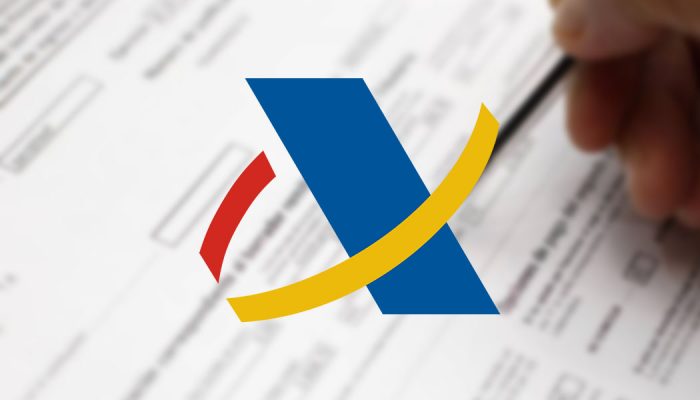
Too often a disagreement between employer and employee ends up in a real headache for both. Learn here what you need to know before you decide to sign the contract.
The information presented here is not comprehensive of all possible issues that can rise between employer and employee but it intends to provide a basic knowledge of the principles and regulations that rule on the matter. It is vital to get professional advise before taking actions.
Union Agreements. ( Convenios )
It is important to know the agreement that governs your professional activity and the role of your employees. In Spain, these agreements are called “Convenios” and they set out the rights and obligations of workers in a particular economic sector or business activity.
Knowing which “Convenio” applies to your case is not easy, as it depends on where you are, how many workers you employ, etc.
These agreements cover things like how many holidays the worker is entitled to, maximum working hours per week, after what length of time the contract becomes permanent, and so on.
As it is impossible to cover every case here, we will stick to the general agreement, the one that applies in cases where there is no specific agreement. This provides an acceptable approximation to help you work out what to expect in your case.
Minimum Salary
The legal minimum wage for a full-time* employee for 2023 is €1080. However, this minimum salary takes into account 14 payments in one year, which will amount to 15120€ per year.
However, this is the inter-professional minimum wage. The minimum wage for an engineer is not the same as the minimum wage for an office assistant. The actual floor for a particular worker is agreed with the unions in his or her area.
*Minimum salary for a part-time contract is worked out proportionally to the number of hours.
Working hours
The working hours of an employee will not normally exceed those agreed on the contract. Overtime needs to be registered and paid separately. Ultimately, the maximum hours employees can legally work are 40 per week.
Part-time workers needs to check in and out as a documental proof of the amount of hours work. A possible consequence of not keeping this record may be that a work inspector conclude that it is really a undercover full-time contract and fine the company.
There is no official document for the registry. Download our template.
Holidays and days off
Normally a worker is entitled to 30 “natural” days (ie. 22 working days) holidays per year.
Read our post Holidays entitlement in Spain. for more information.
We should say here too that it is illegal to have an employee work 7 days per week. This is common in restaurants or similar types of business with seasonal work where typically everybody “puts their shoulder to the wheel” to get the most out of it while it lasts. During the weeks of high activity you must employ sufficient personnel to be able to give a day off to each one. This is applicable even if you have part-time workers that only come a few hours per day: they cannot work every day*
*Of course, this rule does not apply to the owner. He can work as much as needed and cover for the days off of other employees.
Off-Sick Payment
When a member of your staff falls ill and cannot come to work he is obliged to show you the “baja medica” (off sick) document issued by his assigned family doctor. This document should be given to your “gestoría” in order to, in turn, be sent to your Mutua. ( This is an outside-company that works for Social Security that supervises the medical care of employees).
While under “baja”, the employee still gets his wage by the employer.
The Social Security will compensate the company by way of a reduction in company’s contributions, even by refunding part of the amounts paid to the employee while offsick.
From day 4 to day 20 of the sick leave, 60% of the regulatory base will be refund / compensated. From the 21st day onwards, social security will pay the employee 75% of the regulatory base. ( with a maximum of 3371€ per month)
Related: Maternity Payment. Who can benefit?
Health and Safety
Business Activities have different levels of risk. Depending on the potential risks of your business you will have to meet certain requirements. Learn here what you need to know.
Dismissal Notice
When the company decides to discontinue a working relationship by not renewing the contract or by dismissing the employee prematurely he needs to give sufficient notice to the worker.
The notice period is 15 days for a worker who has been in the company for more than 3 months.( No need to notify otherwise. )
When the employee leaves
If the employee decides to leave his work, it is important to get him sign a resignation letter. ( even if it needs to be improvised on the spot). Without proof of this decision, in the event of a court dispute, the company could be charged with improper dismissal.
Dismissal or End-of-Contract Payment ( Finiquito)
At the end of the work relationship the employee will be entitled to receive the following documents and payments from the company.
Documents:
Certificado de Empresa ( Business’ Certificate).
This summaries the social security contributions for the employee by the company of the last 6 months and states the reason of the dismissal among other things. It needs to be signed by the employer.
Last Wage-slip
Finiquito . This is a receipt that lists the payments due and their concepts. It serves as acknowledgement of payments that needs to be signed by the employee.
Payments:
1) Whatever salary is due.
2) Holidays not used by the employee.
3) Redundancy payment.
Find below the cost of the redundancy payment in terms of daily wages (according to the wage-slips)per year, depending on the reason for the dismissal.
End of Contract (properly notified) :9 days
Dismissal for Objective Reasons :20 days.
Dismissal for Subjective Reasons: 33 days.
Leaves voluntarily: 0 days.
Expand information on this topic : The end of Contract Period – What you need to Know
 Limit Consulting
Limit Consulting
